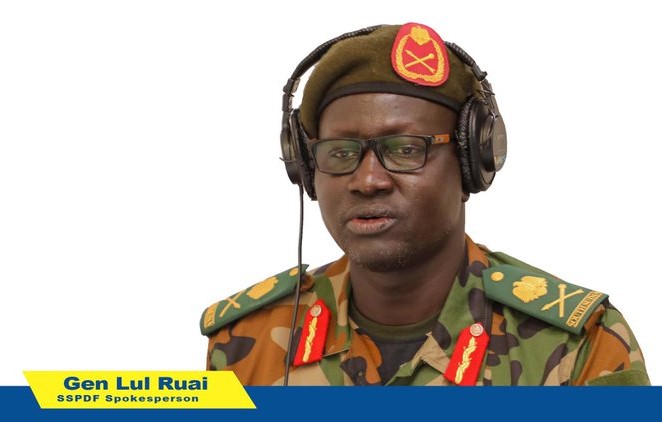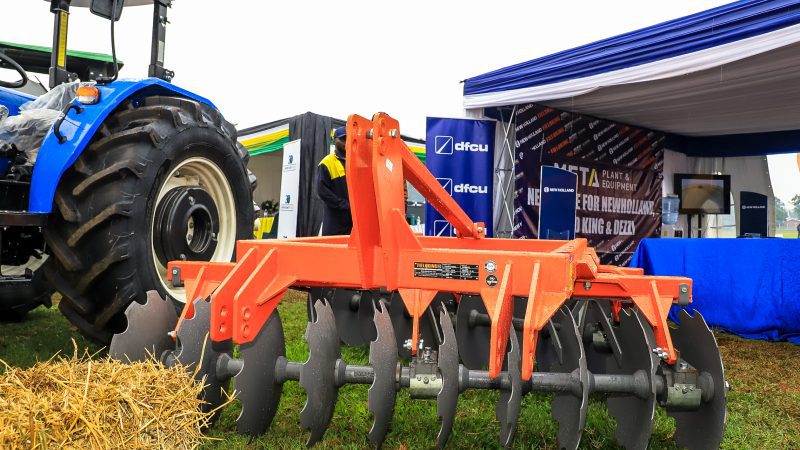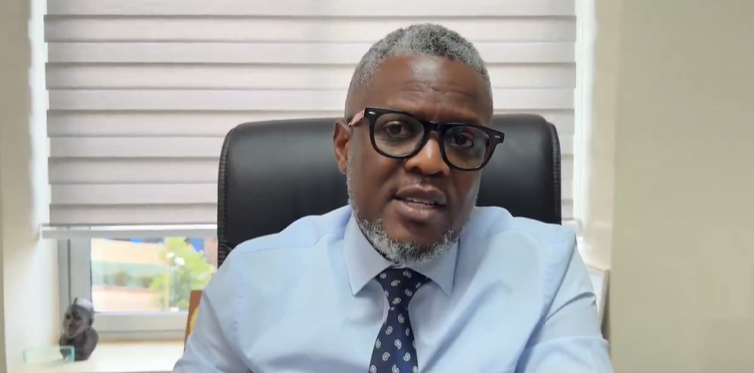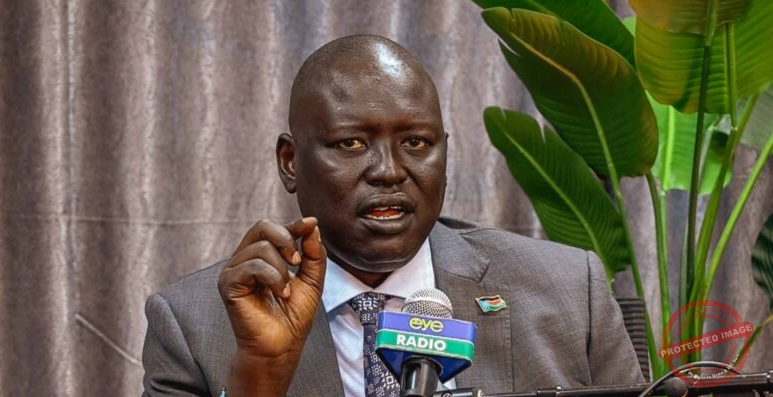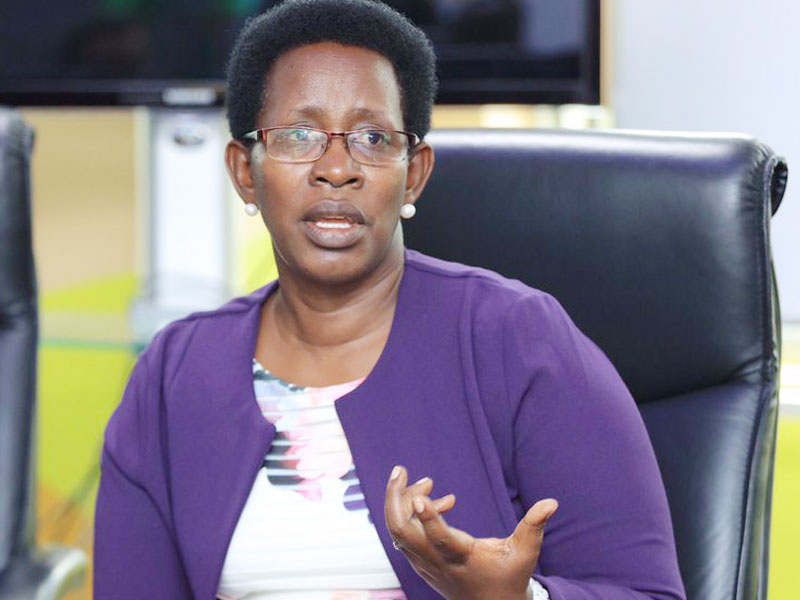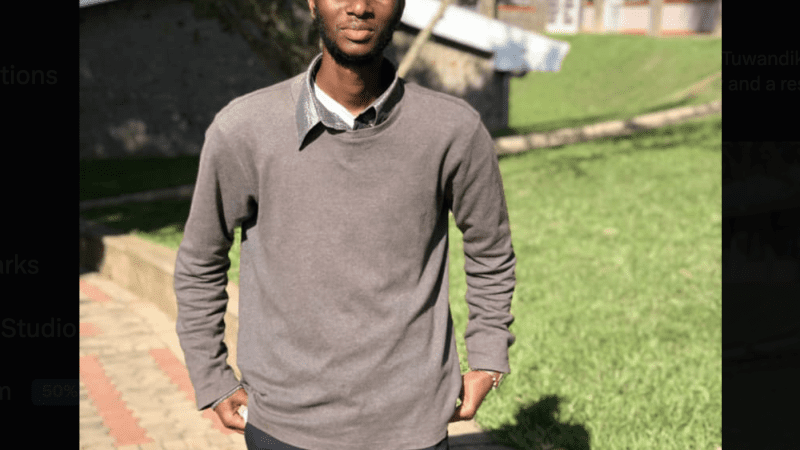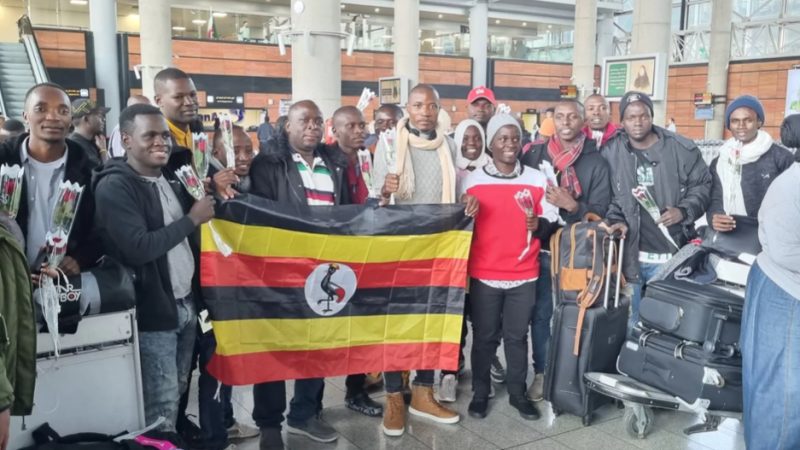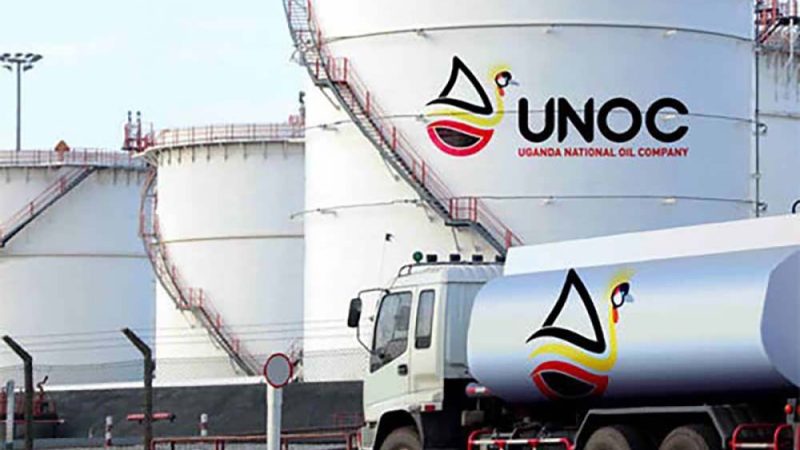The Ministry of Health has released a comprehensive accountability for the donated Covid-19 funds. The ministry revealed that a total of Shs 16.5bn has been received so far from the both the public and private sectors.
The ministry also said that these funds have not yet been spent so far and that full accountability will be given to the public.
In total, Shs 33bn was donated both in cash and in-kind, according to the Permanent Secretary in the Ministry of Health, Dr Diana Atwine.
“We have so far got Shs 33bn in cash and kind from donations. Out of this, Shs 16.5bn is in cash. Nobody has touched a shilling. It’s still intact. We had to wait to get clearance from Permanent Secretary Finance/Secretary to the Treasury to allow us use the money to purchase the cars,” Atwine said.
“We were directed by the President to buy cars because there need in districts is enormous. He didn’t want to use this money for consumables. We want that tomorrow, people who donated to feel as part for this response. We want them to see tangible things,” she added.
Atwine maintained that, so far, a total of 45 cars which were donated by different organizations have been dispatched to Regional Referral Hospitals and districts. The Ministry will procure more cars using the donated cash.
The 19 motorcycles which were donated have been distributed to border districts while 100 bicycles are yet to distributed.
“The vehicles have made our work easier. We wouldn’t have managed responding to the calls and the survey we recently conducted without these cars. Some cars have remained at Ministry to transport teams and those that have recovered,” said Atwine.
She also explained that part of the funds will be used to establish sheds where the personnel at border points can sit and that these sheds will be used even after COVID.
Dr Atwine said the Ministry deemed it necessary to give accountability since the COVID response involved public resources. She said accountability builds confidence in the public.
“Some of you have been seeing different allegations against MoH, and that has an impact on the COVID response. With such allegations that portray there’s no COVID, people will not take the threat seriously and they will die. It’s important we take COVID messages and interventions seriously” she said.
Dr Atwine said some of the money will be returned to the treasury because the MOH has to make special requests in cases where the money that was not utilized, for the funds to be channelled to other COVID activities. She said some savings have been made from anticipated expenditure that didn’t happen.
“For example the World Bank funds. We didn’t use much of the money. Out of $15m, only $2.6m has been used. It is not tagged to a timeline as is the case with the GOU money. World Bank funds will take us through this period when we are transitioning to a new financial year. There’s a greater need for test kits (40,000). These cost over $1m. Because there are pockets of community transmissions which will require continued tests,” she said.
Atwine also explained that the need for PPE is also still great. According to Atwine, the Ministry delivers PPE every once every 2 weeks to health facilities.
The number of masks required for health workers for a 4-month period was 16 million pieces. So far, 3m masks have been procured and almost half of these distributed. A total of 1.8m masks are in stock and some 4.6m more are to be procured. However, Atwine said there’s still a gap of 8.5m masks
Speaking about allegations that the Ministry has profiteered from COVID tests, Atwine said the ministry can not steal public money. That they know public resources can be a curse when stolen.
“Fifty per cent of lab test kits and sample collection materials have been supported by partners. They buy materials and give us. We don’t handle any money” she said.
How the Ministry Has Been Spending
So far, the Ministry has received Shs 119bn from the government for COVID emergency response and an additional Shs 89bn in a supplementary request is yet to be tabled in Parliament.
This plus the funds availed by development partners totals to Shs 264bn.
Dissecting the total expenditure, Dr Atwiine revealed that Shs 4bn has been given to 15 regional referrals (Shs 272m each) to be dedicated to patient care, transport patients and other activities.
Shs 11bn – purchasing 37 ambulances.
Shs 11.3bn – purchasing Personal Protective Equipment (PPE) and distributed to Regional Referral Hospitals, National Referral Hospital and districts.
Shs 2bn – Blood collection supplies.
Shs 44.2bn – Procurement of ICU beds which now in process of installation in the Regional Referral Hospitals. 109 beds and accessories have been procured, 39 to be delivered by June.
Shs 6bn – Procurement of 2 Oxygen plants for Mulago, Entebbe and Bombo hospitals.
Shs – 3.98bn – Contract staff salaries. 546 staff were recruited.
Shs 1.3bn – Inland travel and distribution of masks.
Shs 1.2bn – printing materials (for SOPs and guidelines) and stationery for lab results and points of entry and hospitals.
Shs 4.8bn – special meals in quarantine sites, the staff at border points, patients and staff, call centre agents, and security personnel. A balance of Shs 2.5bn to be used to procure test kits.
Shs 4.3 bn – accommodation (Shs 2.2bn paid to hotels that quarantined 1,000 returnees). A balance of Shs 2.1bn to procure test kits.
Shs 5.8bn – fuel
Shs 48m – maintenance and servicing of vehicles.
Shs 89m – Computer and IT services.


